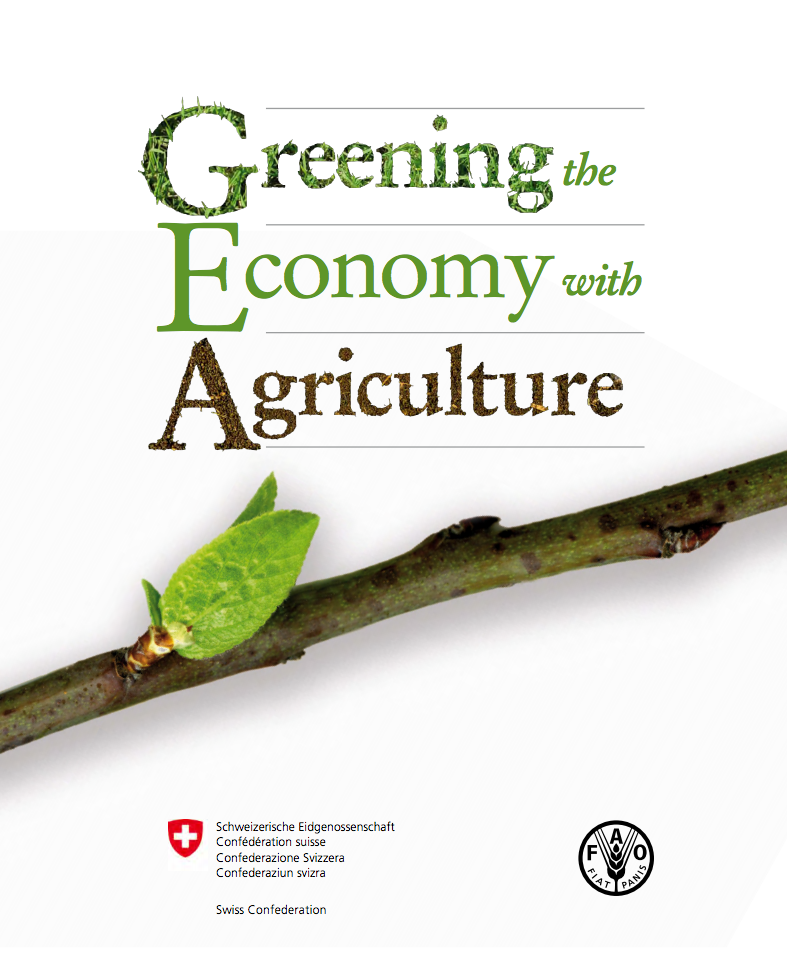Focal point
Location
The Food and Agriculture Organization of the United Nations leads international efforts to defeat hunger. Serving both developed and developing countries, FAO acts as a neutral forum where all nations meet as equals to negotiate agreements and debate policy. FAO is also a source of knowledge and information. We help developing countries and countries in transition modernize and improve agriculture, forestry and fisheries practices and ensure good nutrition for all. Since our founding in 1945, we have focused special attention on developing rural areas, home to 70 percent of the world's poor and hungry people.
Members:
Resources
Displaying 2341 - 2345 of 5074Lao Version of FAO’s Voluntary Guidelines on the Responsible Governance of Tenure (VGGT)
FAO published its Voluntary Guidelines on the Responsible Governance of Tenure (VGGT) of Land, Fisheries and Forests in the Context of National Food Security in 2012. The purpose of these guidelines is to serve as reference and to provide guidance to improve the governance of tenure of land, fisheries and forest with the overarching goal of achieving food security for all and to support the progressive realization of the right to adequate food in the context of national food security.
Greening the Economy with Agriculture
The United Nations General Assembly (UNGA), through Resolution 64/236 of 24 December 2009, decided to organize the United Nations Conference on Sustainable Development, Rio de Janeiro, 3 to 6 June 2012 (UNCSD, also referred to as Rio+20). The two main stated themes decided by the UNGA for UNCSD are: a green economy in the context of sustainable development and poverty eradication; and the institutional framework for sustainable development. The preparatory process foresees three sessions of the preparatory Committee and three inter-sessional meetings.
Greening the Economy with Agriculture
The United Nations General Assembly (UNGA), through Resolution 64/236 of 24 December 2009, decided to organize the United Nations Conference on Sustainable Development, Rio de Janeiro, 3 to 6 June 2012 (UNCSD, also referred to as Rio+20). The two main stated themes decided by the UNGA for UNCSD are: a green economy in the context of sustainable development and poverty eradication; and the institutional framework for sustainable development. The preparatory process foresees three sessions of the preparatory Committee and three inter-sessional meetings.
La tenencia de los territorios indígenas y REDD+ como un incentivo de manejo forestal: el caso de los países mesoamericanos
Los programas de atención a la reducción de emisiones provenientes de la deforestación o degradación de los ecosistemas, como es el caso de REDD+ y otros programas de incentivos forestales como son los pagos por servicios ambientales (PSA), podrían constituir una oportunidad para el fortalecimiento de los procesos de conservación, aprovechamiento sustentable y reducción de la pobreza en la región mesoamericana, y en particular en los territorios y comunidades indígenas.
Voluntary guidelines on the governance of tenure at a glance
This guide provides an overview of the Voluntary Guidelines on the Responsible Governance of Tenure of Land, Fisheries and Forests in the Context of National Food Security. It describes the nature, purpose, contents and intended audience of the Guidelines. The guide explains what is meant by tenure and describes how improving the governance of tenure can serve to eradicate hunger and poverty and lead to the sustainable use of natural resources.








